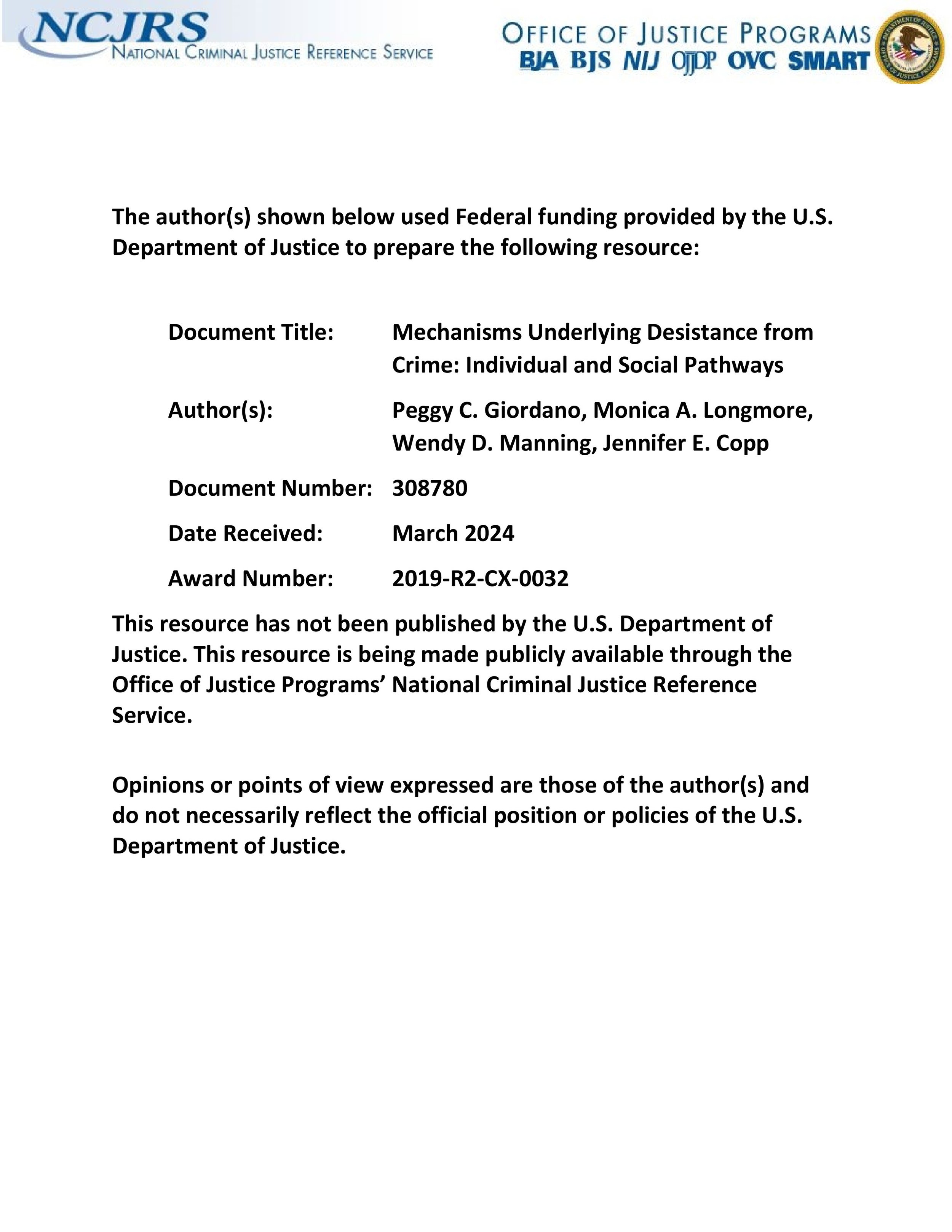By: The National Association of Sciences, Engineering, and Medicine
Following a series of natural disasters, including Hurricane Katrina, that revealed shortcomings in the nation's ability to effectively alert populations at risk, Congress passed the Warning, Alert, and Response Network (WARN) Act in 2006. Today, new technologies such as smart phones and social media platforms offer new ways to communicate with the public, and the information ecosystem is much broader, including additional official channels, such as government social media accounts, opt-in short message service (SMS)-based alerting systems, and reverse 911 systems; less official channels, such as main stream media outlets and weather applications on connected devices; and unofficial channels, such as first person reports via social media. Traditional media have also taken advantage of these new tools, including their own mobile applications to extend their reach of beyond broadcast radio, television, and cable. Furthermore, private companies have begun to take advantage of the large amounts of data about users they possess to detect events and provide alerts and warnings and other hazard-related information to their users.
More than 60 years of research on the public response to alerts and warnings has yielded many insights about how people respond to information that they are at risk and the circumstances under which they are most likely to take appropriate protective action. Some, but not all, of these results have been used to inform the design and operation of alert and warning systems, and new insights continue to emerge. Emergency Alert and Warning Systems reviews the results of past research, considers new possibilities for realizing more effective alert and warning systems, explores how a more effective national alert and warning system might be created and some of the gaps in our present knowledge, and sets forth a research agenda to advance the nation's alert and warning capabilities.
ISBN 978-0-309-46737-7 | DOI 10.17226/24935








